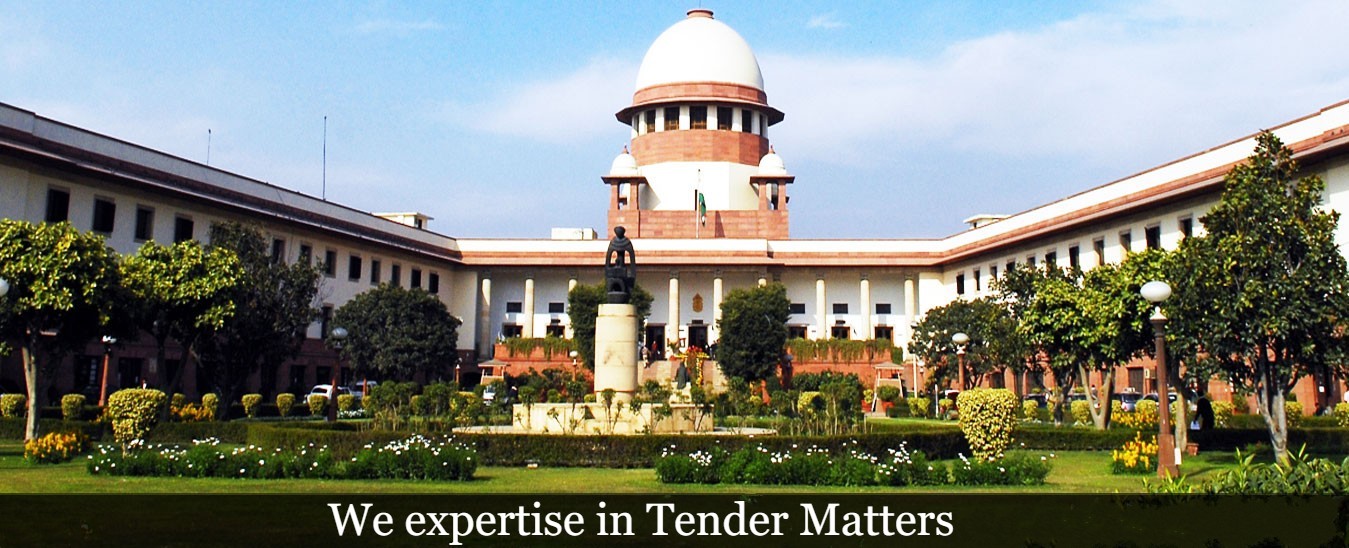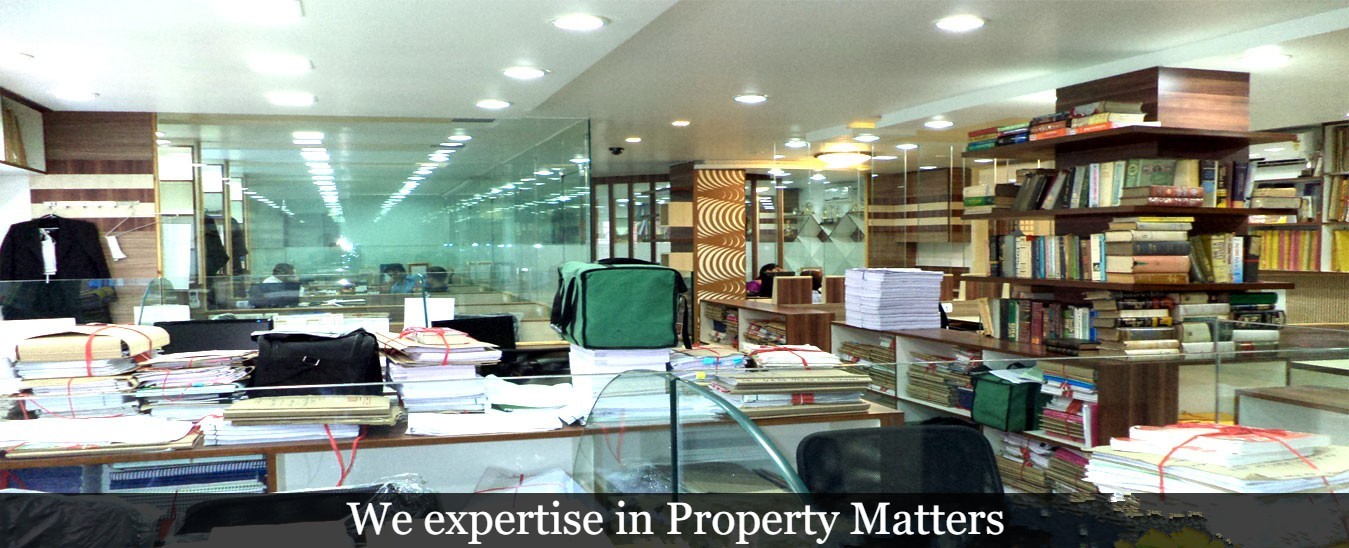 |
|
Hastings Chambers
Mobile No. : 98311 03325
Phone No. : +91-33-2242 8829 / 30 / 2248 4094 (Timing : 10:30am - 5:00 pm)
E-mail : utpalmajumdaradvocates@gmail.com |
|---|
| Home | I | About Us | I | Partners | I | Clientele | I | Our Judgments | I | Area of Expertise | I | Legal Aid | I | FAQ | I | Office Gallery | |||||||||||
|---|---|---|---|---|---|---|---|---|---|---|---|---|---|---|---|---|---|---|---|---|---|---|---|---|---|---|---|
|
|||||||||||||||||||||||||||





REGISTRATION & SEARCHING |
|||||||||||||||||||
|
The Registration Act, 1908
is a Consolidating Act and not an Amending Act. It extends
to the whole of India except the State of Jammu and
Kashmir . The Preamble of the Act states "An Act to
consolidate that enactments relating to the Registration
of Documents". The object of such consolidation is the
reduction in to a systematic form of the whole provisions
contained in number of statues relating to the
Registration of documents. Registration system was almost
unknown to the Indian people due to the lofty ethics. But
time gradually began to change and the need for compulsory
registration was felt, especially in the declining Moghul
period of the 18 th Century so that no one could claim any
interest on any forged document or Sanad during or on the
eve of the British Rule. Provincial laws were passed from
time to time for the establishment of offices of
registration. |
|||||||||||||||||||
THE OBJECTS OF THE LAW OF REGISTRATION ARE : |
|||||||||||||||||||
|
1) to provide
conclusive guarantee of the genuineness of document |
 |
||||||||||||||||||
Some of the important sections of the registration Act are: |
|||||||||||||||||||
|
|||||||||||||||||||
|
There are many other important sections and in case of any difficulty the said Act may be consulted. |
|||||||||||||||||||
| Home | About Us | Partners | Clientele | Our Judgements | Area of Expertise & Services / Practise Area | Legal Aid | FAQ | Office Gallery | Career | Office Location | Enquiry | Contact | Social Work Activities | News | ||
|
||
